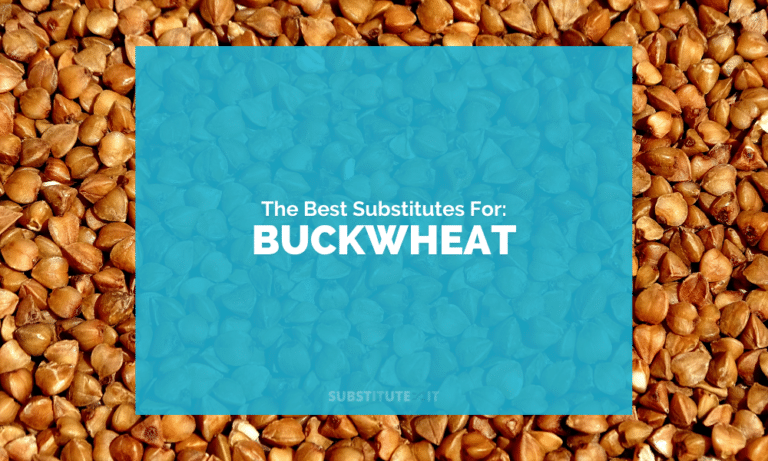Its name may suggest otherwise, but buckwheat is not a type of wheat, nor does it have any relation to the grass family at all.
For this reason, buckwheat is most popularly used as a gluten-free flour.
Though it can also be brought as groats which is buckwheat before being fully milled down into flour.
Due to being a more specialised ingredient, buckwheat can be pricey in any form, but there are some cheaper alternatives.
Our 4 Substitutes for Buckwheat
Like wheat-based products, buckwheat has a very nutty taste to it. But it also has a slight sweetness and bitterness that are a perfect balance.
When turned into flour, the flavour combination of buckwheat is even more apparent. This affects the bake or dish that it is used in.
Here are our top 4 substitutes for buckwheat:
1) Oats
Oats are not gluten-free as they are made from wheat, but they are just as versatile as buckwheat.
You can buy manufactured oat flour which is usually pricier. Or, you can buy your regular oats and blend them in a food processor until they are a flour consistency.
Flavour-wise, oats are much milder than buckwheat. They are slightly nutty, as most oat types are, but they have a less defined favour.
This is not necessarily a bad thing. In fact, the lack of flavour means that your dish’s taste will not be altered by using either oats or oat flour. It may just be a little blander.
How to Best Use Oats
If you are replacing buckwheat groats, then use regular oats. However, when substituting buckwheat flour, keep in mind that oat flour is a lot softer and will result in a spongier bake. This will work well for cakes and buns but not denser foods.
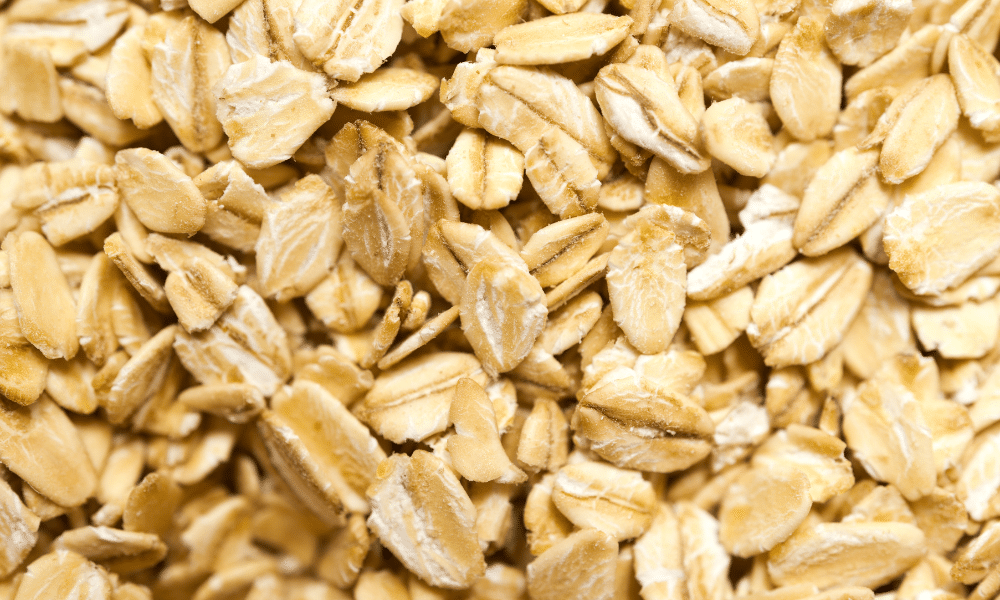
2) Rice
Buckwheat seeds are often compared to brown rice. They share a nuttiness that is pronounced enough to set them apart from others of their kind but not overwhelmingly so.
Rice flour can be used in place of buckwheat flour and is gluten-free, too.
Depending on which rice flour you use, it may have a grainer texture than buckwheat. But buckwheat is already a little grainy, so this shouldn’t be much of an issue.
So long as you cook the rice first, you can use plain rice as a substitute for buckwheat groats.
Rice will have a different texture than the groats, so it is better to use non-sticky long grain rice if you can.
White or Brown Rice Flour
There are two types of rice flours made from either white or brown rice. When substituting buckwheat, it is better to use brown rice flour as it will have a nuttier flavour.
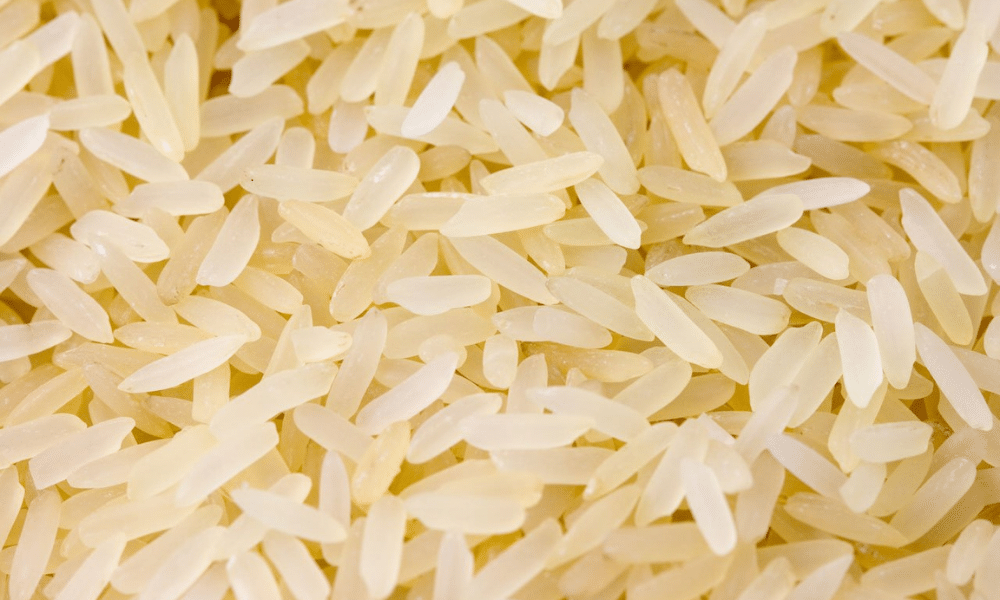
3) All-Purpose Flour
You will not be able to use all-purpose flour to replace buckwheat groats – obviously – but you can use it in any way that buckwheat flour is used.
As all-purpose flour contains gluten, your dish and bakes will be much denser and heavier. The gluten will cause a thicker batter to form and will not provide the light and airy bakes that buckwheat can produce.
There are ways to make a lighter batter, like beating more air into the mixture. But it will take more work to do so when using all-purpose flour.
Can I Use Self-Raising Flour Instead?
You can use self-raising flour if that is all you have. However, buckwheat recipes usually account for the lack of rising agents in buckwheat flour, so you must amend the recipe to suit self-raising flour.
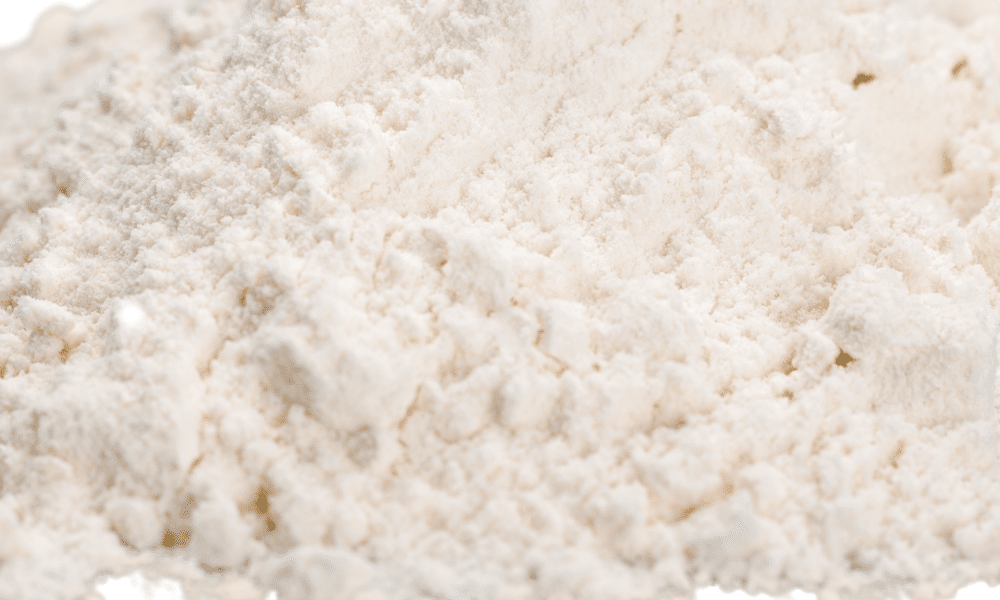
4) Chickpeas
Raw chickpeas are readily available to buy, but chickpea flour is harder to find and tends to be more expensive.
You can always save money by buying some regular chickpeas and blending them into flour yourself.
Chickpeas have a slight nuttiness to them, which is similar to that of buckwheat.
They are not too sweet or bitter, so they can be used in any savoury or sweet dish as buckwheat would be used.
Can I Use Canned Chickpeas?
You can use any type of plain chickpea to replace buckwheat, but you will have to prepare them differently to make the substitute work. For example, you will have to fully dry out canned chickpeas before turning them into flour.
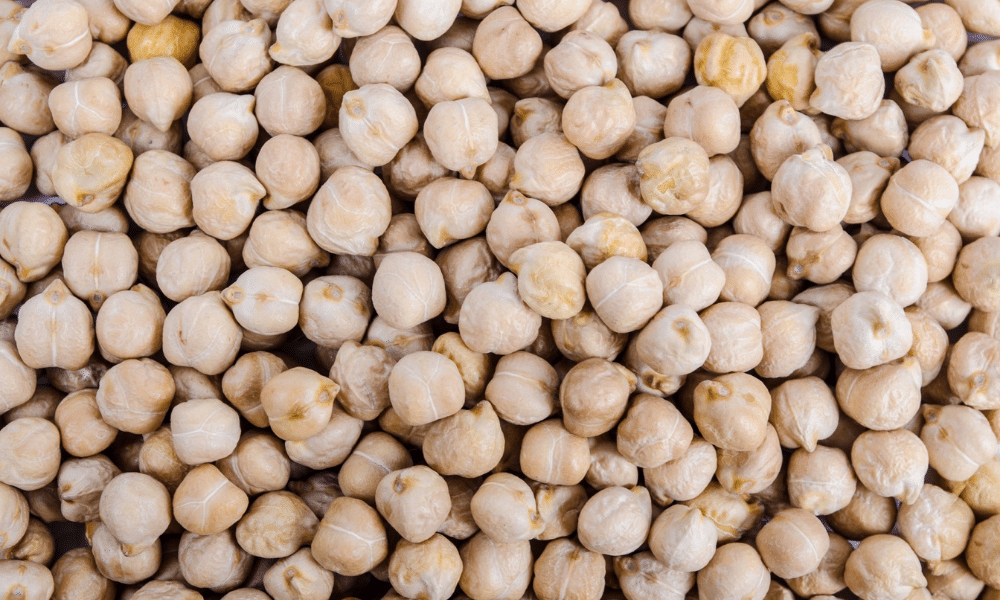
Other Substitutes for Buckwheat
Some of the above ingredients may not be suitable for all diet types, so here are a few more buckwheat substitutes that can be used instead that are more suited for a range of needs:
- Spelt Flour – You will have to go to a more specialised food store for spelt flour, but it is much healthier than other flour substitutes. It is wheat-based, so it is very nutty and full of fibre.
- Potato Starch – Potato starch is not as good a substitute in every case, only to be used as a thickening agent. As a starch, it is practically flavourless.
- Kasha – A specific kind of porridge used mostly in Russia, kasha oats are full of fibre and protein. Kasha flour is available too but less readily so.
Summary
Buckwheat is a unique kind of ingredient, being a product not made of wheat but able to be used as flour.
There are a handful of other gluten-free buckwheat alternatives, but if you have no dietary needs, plain flour or oats will work fine.
